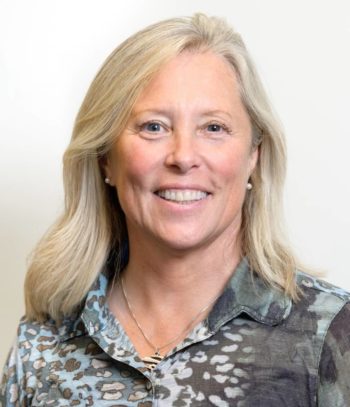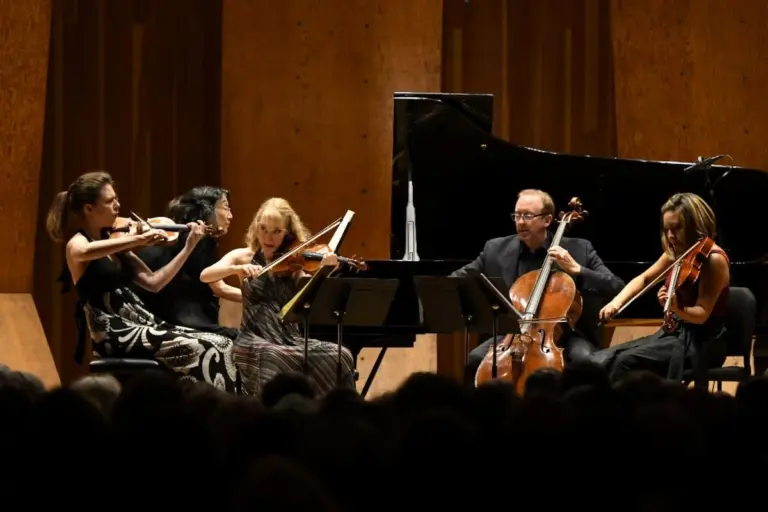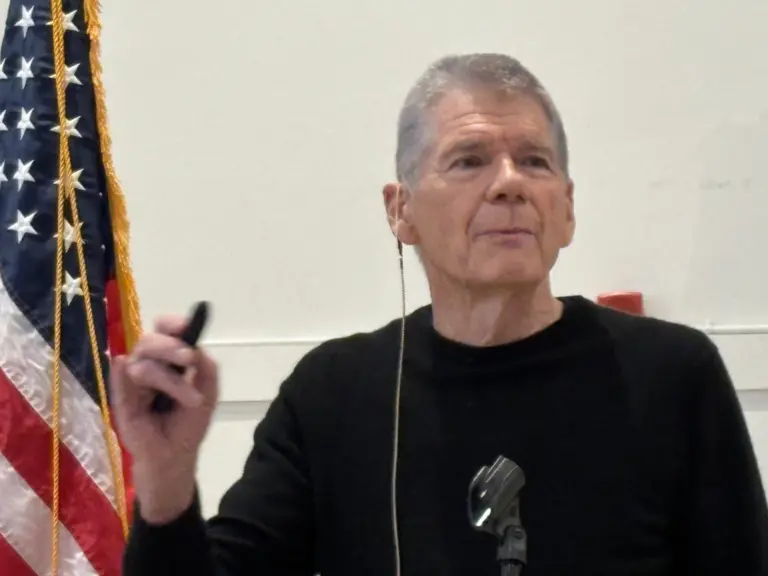By Bob Giaquinto

On January 3 Arnold Gordon introduced today’s speaker, Dr. Susan Masino, who is the Vernon D. Roosa Professor of Applied Science at Trinity College in Hartford, CT, a member of the Science and Technology Working Group of the Governor’s Council on Climate Change (GC3), the Hartford County Coordinator for the Old Growth Forest Network, and recently a Charles Bullard Fellow in Forest Research at Harvard University. Although she had planned to appear in person, Covid interfered; as a result, she appeared via Zoom. Her talk was entitled “Why Our Brains Need Wildlands.”
If you were wondering how there could be a connection between brain health and the outdoors, wonder no more, because Dr. Masino explained how protecting our brains and protecting nature are both vitally important for our long-term well-being. She described how these two goals are mutually reinforcing by sharing the growing evidence for the brain health benefits of nature and how common-sense actions can benefit individual and collective health.
Dr Masino’s work indicates that nature benefits mental health for all ages. Unfortunately, mental health is declining as is the amount of land preserved forever as wildlands. She is a huge advocate for more land dedicated to nature, which recharges your “batteries” and decreases anxiety and depression, while promoting creativity.
She stated that we are in a poly crisis with climate change, health, ecology, and protecting clean water. All can be improved with more land reserved with specific language denoting that it is protected in perpetuity. In New England, only 3.3% of the land is so documented while Connecticut has less than 1%. She pointed out that in the forest many things cannot be seen such as microbes and giant viruses. In a teaspoonful of forest soil, sixteen unknown species were found. Bacteria and fungi provide two thirds of all antibiotics. Huperzine A found in moss has shown some benefit with Alzheimer’s, epilepsy, Parkinson’s Disease, and pain relief. Gould Farm in Massachusetts, for example, remains a beacon of hope and healing for individuals living with mental health challenges and a shining example of the healing power of nature and community. Highstead, in Redding, Connecticut, is a good example of what can be done locally and throughout New England to preserve more land for nature and its benefits for all, including refuge and peace.
Frederick Law Olmsted was an American landscape architect and considered to be the father of landscape architecture in the United States. Olmsted was famous for co-designing many well-known urban parks, including New York’s Central Park, Prospect Park in Brooklyn, Cadwalader Park in New Jersey, and many others. He was born in Hartford, Connecticut in 1822. His firm continued on with his two sons. He believed that wildlands promote healthy living.
The State of Connecticut needs a plan to preserve wildlands for our health; what is needed is permanent protection. There is lots of land in our state and we are not taking it from people. Remember, Dr. Masino maintained, forests welcome people. A recent survey concluded the public wants more preserved, forever forests. There is more work to be done. It takes centuries to build a dense forest so what we have must remain. Near Hartford there are trees that date back to before the Revolutionary War.
To see the full presentation, go to the RMA website at https://greenwichrma.org, cursor to “Speakers” and click on “Speaker Videos.”
The RMA’s upcoming presentation, “Histories of Asian Imperialism and Today’s China,” by Odd Arne Westad, Ph.D., is scheduled for 11 AM on Wednesday, January 17, 2024. Professor Westad is a scholar of modern international global history of Eastern Asia since the 18th century. Today he will address the histories of Asian imperialism and today’s China, focusing on how China’s international reforms came into being and how their results have changed the global economy.
Early in his career he focused on the Cold War, China-Russian Relations, the history of the Chinese Civil War and the Chinese Communist Party, publishing works on China’s International History since 1750 and “The Cold War: A World History.” Professor Westad has published 16 books on these subjects.
Westad joined the Yale faculty in 2019 as the Elihu Professor of History and Global Affairs where he teaches at the Yale History Department and the Jackson School of Global Affairs. Previously, he taught at Harvard University, where he was the S.T. Lee Professor of U.S.-Asian Relations and earlier at the London School of Economics (LSE), where he was School Professor of International History.
At Yale he is also an advisor at Davenport College and serves as Director of International Studies and the Director of the Brady-Johnson Program in Grand Strategy.
Professor Westad is a Fellow of the British Academy and a visiting professor at Peking University.
To stream the presentation by Dr. Westad at 11 AM on Wednesday, January 17, click on https://bit.ly/30IBj21. This presentation will also be available on local public access TV channels, Verizon FIOS channel 24 and Optimum (Cablevision) channel 79.
Note: The views expressed in these presentations are those of the speakers. They are not intended to represent the views of the RMA or its members.
RMA speaker presentations are presented as a community service at no cost to in-person or Zoom attendees, regardless of gender. Any member of the public who would like to receive a weekly email announcement of future speakers should send a request to members@greenwichrma.org. The RMA urges all eligible individuals to consider becoming a member of our great organization, and thereby enjoy all the available fellowship, volunteer, and community service opportunities which the RMA offers to its members. For further information, go to https://greenwichrma.org/, or contact members@greenwichrma.org.




